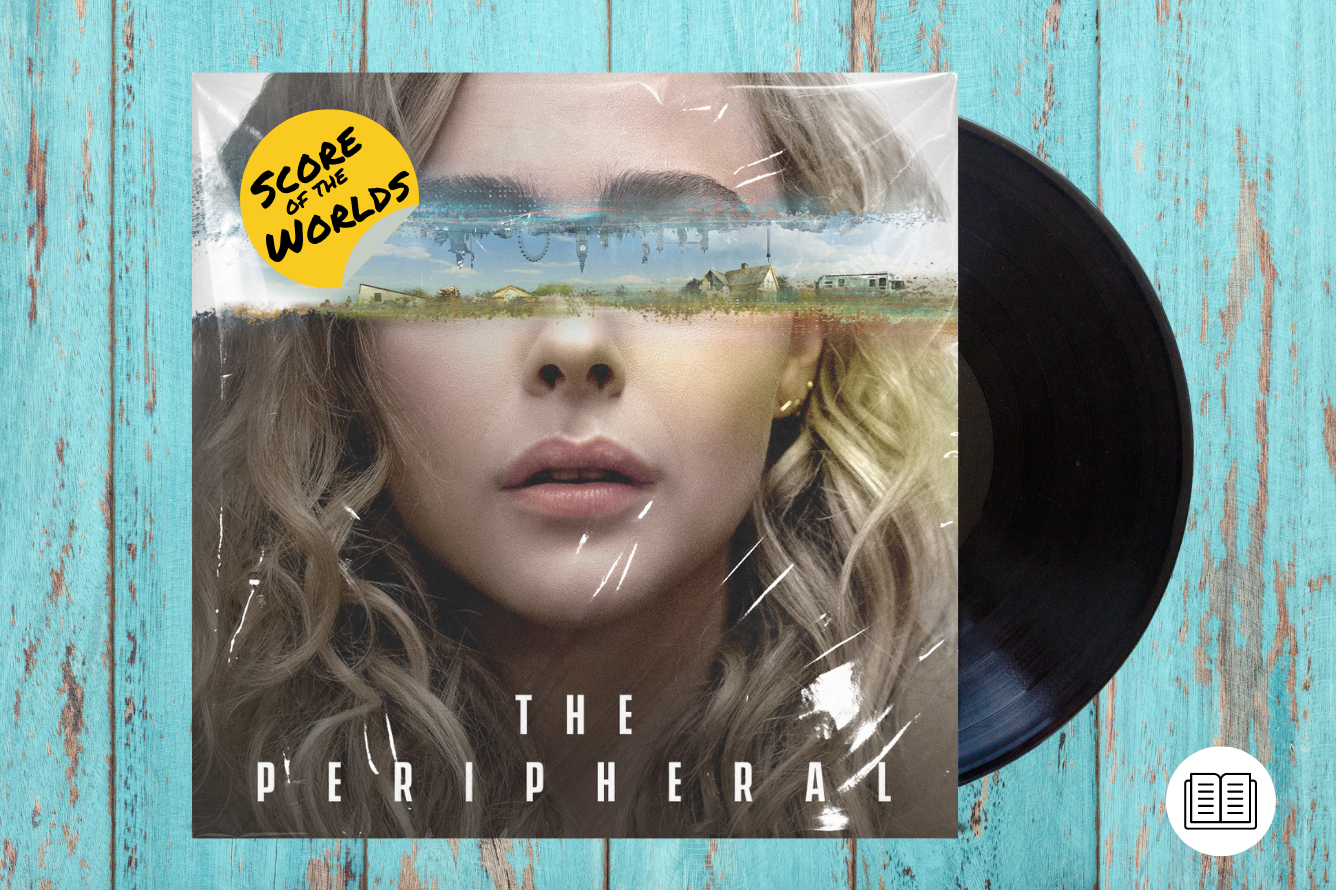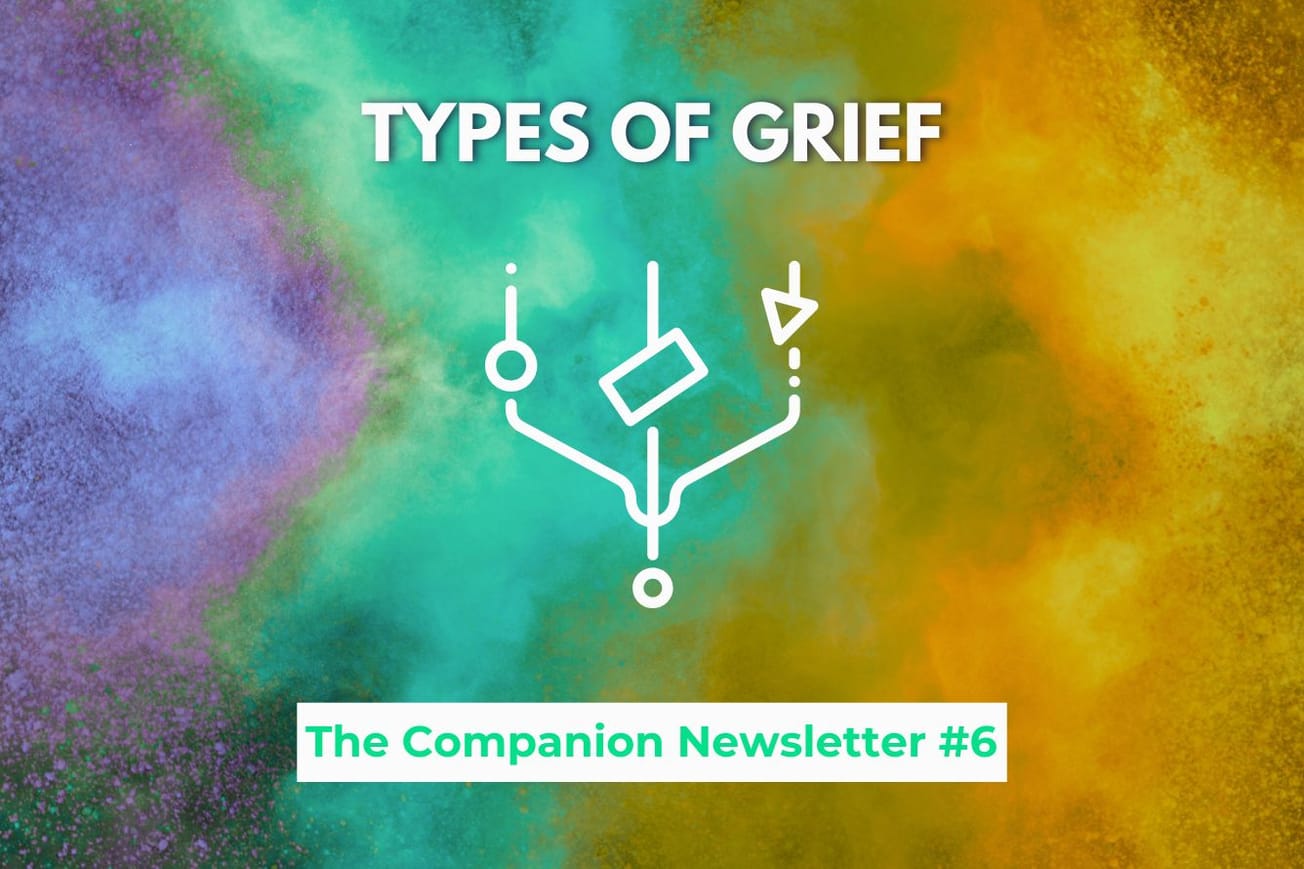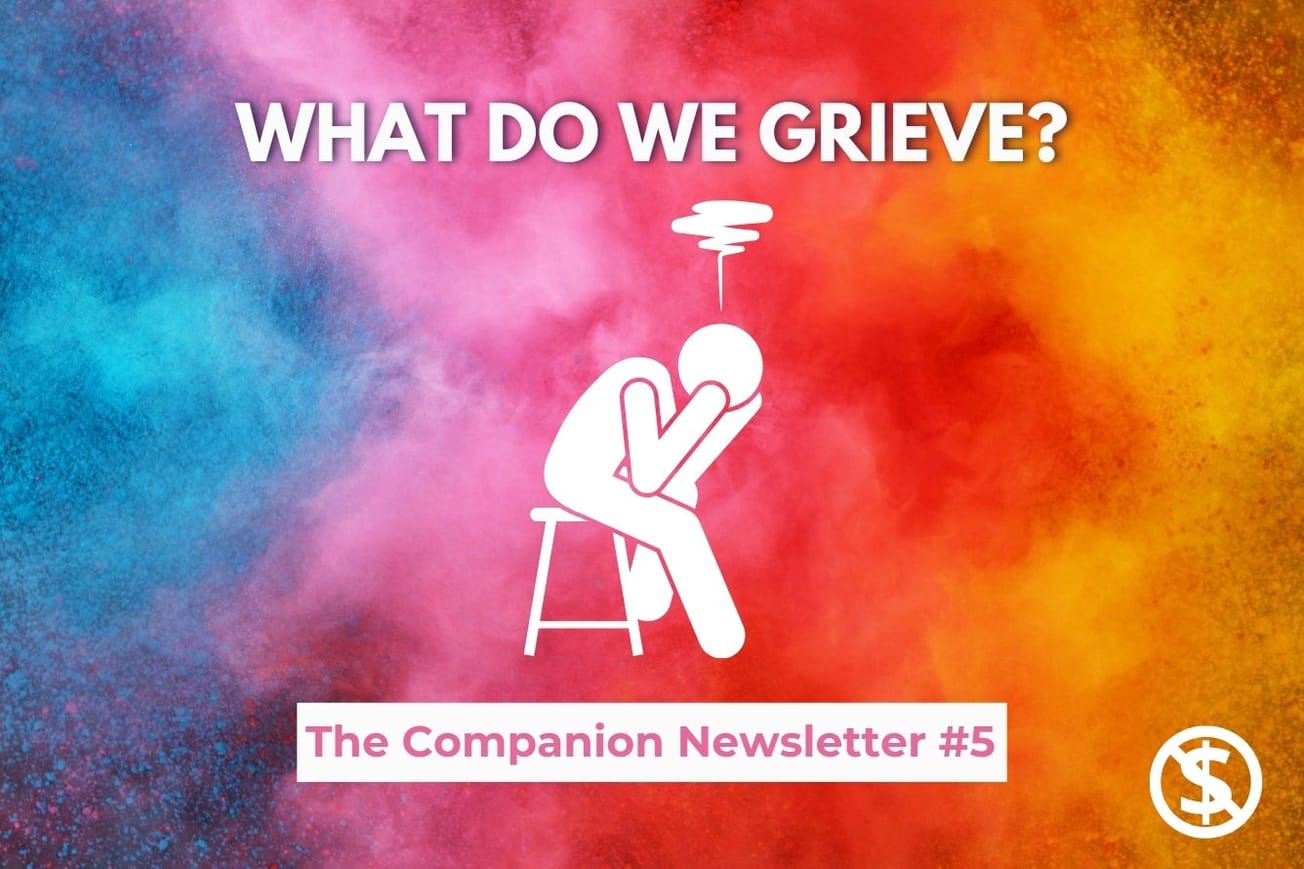While Canadian composer Mark Korven has been working in film and television scoring for decades, it was his score for Robert Eggers’ haunting 2015 film The Witch that solidified his status as one of horror’s most innovative composers. Driven by dissonant scrapes, scratches, and other organic sounds, a Mark Korven score feels like bugs skittering up your spine — stark minimalism that highlights the thematic agony and emptiness of the worlds he puts to music.
Translate that to science fiction, and Korven’s unique approach takes on interesting new layers, especially when you throw in time travel, alternate universes, and crazy firefights between humanoid robots. That’s the world of Prime Video’s The Peripheral, an adaptation of the William Gibson novel of the same name that imagines a conflict between various forces hoping to control the future by manipulating the past. Here, that takes the form of Flynne Fisher (Chloë Grace Moretz), a gamer in near-future Appalachia who takes a job playing a new VR game to help her ailing mother and ex-Marine brother (Jack Reynor). The trick is, the ‘sim’ she’s immersed in is actually a projection into an alternate-future London, where she can impact real events through the help of a cyborg body known as a ‘peripheral’.
It’s a head-scratching series that carries the strange highs (and a few head-scratching lows) of Westworld, which tracks considering The Peripheral was also developed by the show’s creators, Jonathan Nolan and Lisa Joy. But one thing that elevates its intriguing blend of sci-fi action and Ozark-esque rural thrills is Korven’s fragmented, eerie score — combining the droning synths we expect of cyberpunk with his signature sense of sonic disruptions.
We sat down with Korven to talk about using the modes of horror to score sci-fi action, and how the show originally had a much more organic sound.
Before we get into your scoring career, I’m deathly curious to hear how you transitioned from your previous music career (as a pop and jazz musician) to film and TV composing.
It was very much a fluke; I was working on a pop album because I did a left-of-center, alternative kind of pop, I guess you’d call it. The producer for the album was friends with a director who was making her first film, so unbeknownst to me, he gave us some of the tracks of the album. She really liked it and asked me to score the film, which is the first thing I’ve ever done. I didn’t think much of the job, and this little film went off to Cannes — I didn’t know what Cannes was — and won a prize there as well. I didn’t know the significance of that at the time, because I was completely in the pop music world.
Then, of course, you’ve really come to prominence with The Witch, which is the project that inspired your creation of the Apprehension Engine. What is it, and what does it do?
That came after scoring The Witch, inspired by my experience working with [director] Bob Eggers. He’s very much an organic, acoustic guy and didn’t want anything to do with electronics at all. He got me to get back to my roots a bit more and appreciate the organic and tactile touch to music. So I thought, “I’m going to get away from my computer a bit and just have something built,” so I can get back to feeling the music right through my skin and bones.
The Apprehension Engine is basically a wooden box with various workstations on it. These were some things that I’ve experimented with over the years; one is a spring reverb from a guitar amplifier. Another is a single guitar string because I was originally a guitar player. I played that with an e-bow, which is basically a magnet that causes the string to vibrate back and forth, giving you infinite sustain.
I’ve always loved medieval music, so we had my friend Tony Duggan-Smith, who I designed it with, build this primitive sort of hurdy-gurdy thing for me. There’s a long metal rod that you can flip up and down, and it goes ‘whack, whack, whack,’ kind of indefinitely. I play a lot of bowed instruments, so I play them with this very small bow. I also use a lot of distortion and effects and loopers on it, so it’s not completely organic and acoustic, though that was the initial intention. It’s just too much fun to play with various guitar toys and see what weird sounds I can get out of it.
It sounds kind of like a one-man band for monsters, yeah.
Yeah, you just don’t wear it.
Let’s talk about The Peripheral — you mentioned that the Apprehension Engine was a way for you to get back to an organic mode of composing after being tired of digital samples. And here you are, in a very sci-fi show, very technological, very cyberpunk. How’d you end up on the project?
That was my relationship with Vincenzo Natali, whom I worked with on Cube [1997] all those years ago. I love working with him so much that whenever he’s in contact with me, I go, “Yeah, intense, I’m there.” I’m doing it because he’s such a joy to work with.
I get the impression that Vincenzo is a big Gibson fan; I believe he was attached to a Neuromancer adaptation at one point. But what were the early touchpoints you talked about regarding how the show would sound?
Originally, the idea was to have something unexpected musically. When we went to future London, for instance, it wouldn’t be futuristic at all — it would hearken back to 18th-century London. In the end, we didn’t go there because it just didn’t feel right to me. So I steered us away from that.
Maybe it was an easy decision to do something more futuristic sounding, but sometimes it’s tough to get away from the expected or cliche. Sometimes they’re cliches because they work! And it does feel like the score works. I tried my best not to be too on the nose or synth-y with it and bring my more organic approach to the future. I think it’s a blend of those approaches.
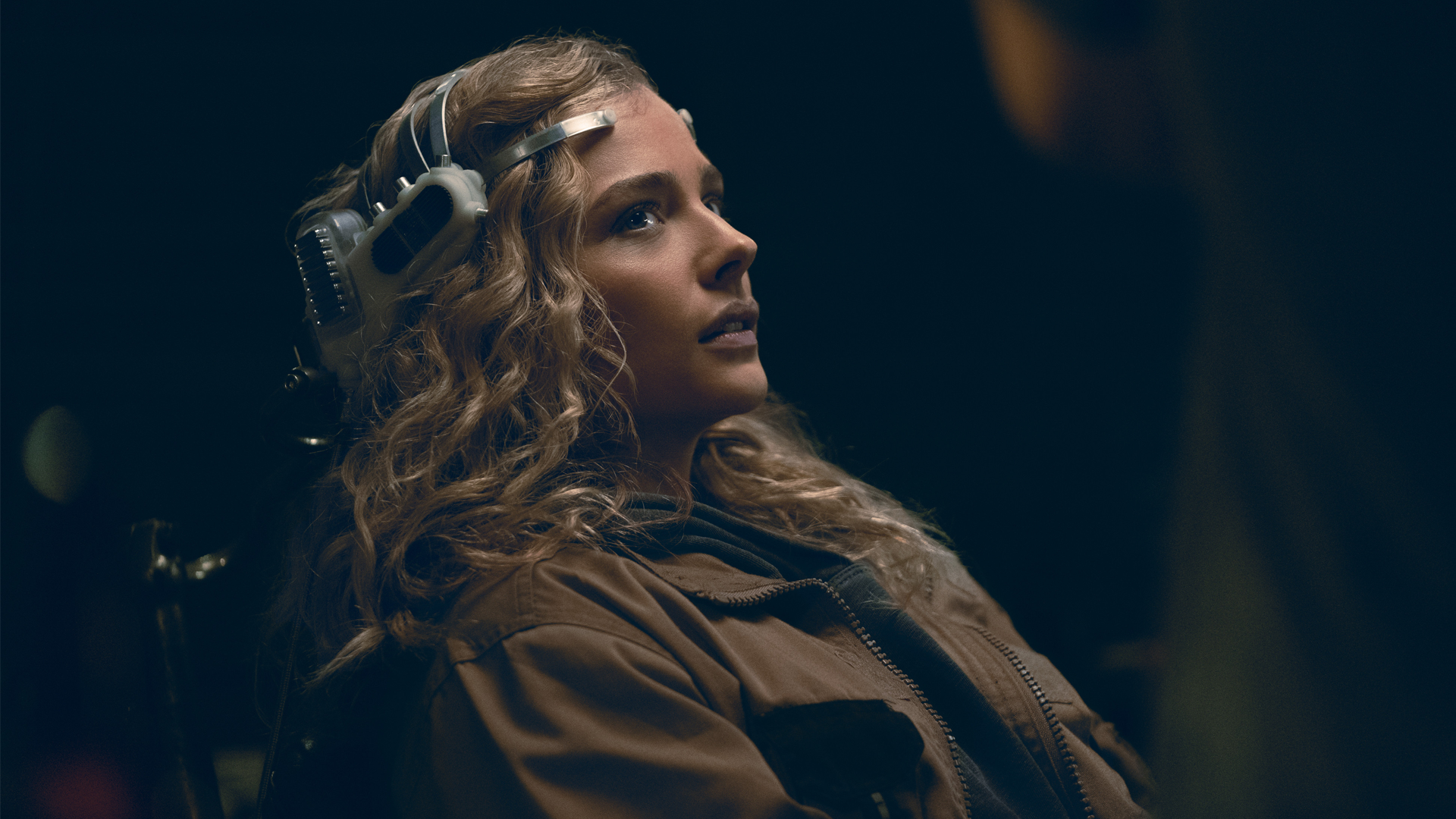
I wouldn’t say the score is cliche at all; what I find most interesting about it is that, while there is that Vangelis-y, Blade Runner feel, there’s a lot that’s more akin to your horror movie scoring, which is an exciting approach for something a little more sci-fi.
It’s hard for me not to do what I do. I scored this series for Epix called Billy the Kid, and they wanted to do an alternative take on Billy the Kid. There’s a lot of horror stuff in there, but I think it works. Because the Old West wasn’t all love and flowers, it was a very harsh, primitive environment with a lot of horrors contained within. So that often comes out in my work because I’m usually hired to use my dark aesthetics. And that’s naturally what comes out.
You’re dealing with two different time periods, one sort of two steps from the present and one many years and maybe even universes beyond. What was your approach to differentiate those two worlds musically?
It was definitely the intention to draw the difference between the two worlds. When we’re in the Carolinas or the Blue Ridge Mountains, that’s a bit more organic and guitarish. The original intention, again, was to steer it towards that more bottleneck slide blues guitar sort of thing. But when I started doing that, it was flagged by the higher-ups that we didn’t want to be too on the nose with the score. Which I think was a good decision.
So we steered it back towards bridging those gaps, while still differentiating between America and future London, making it feel more like a complete score as opposed to something written by two different composers.
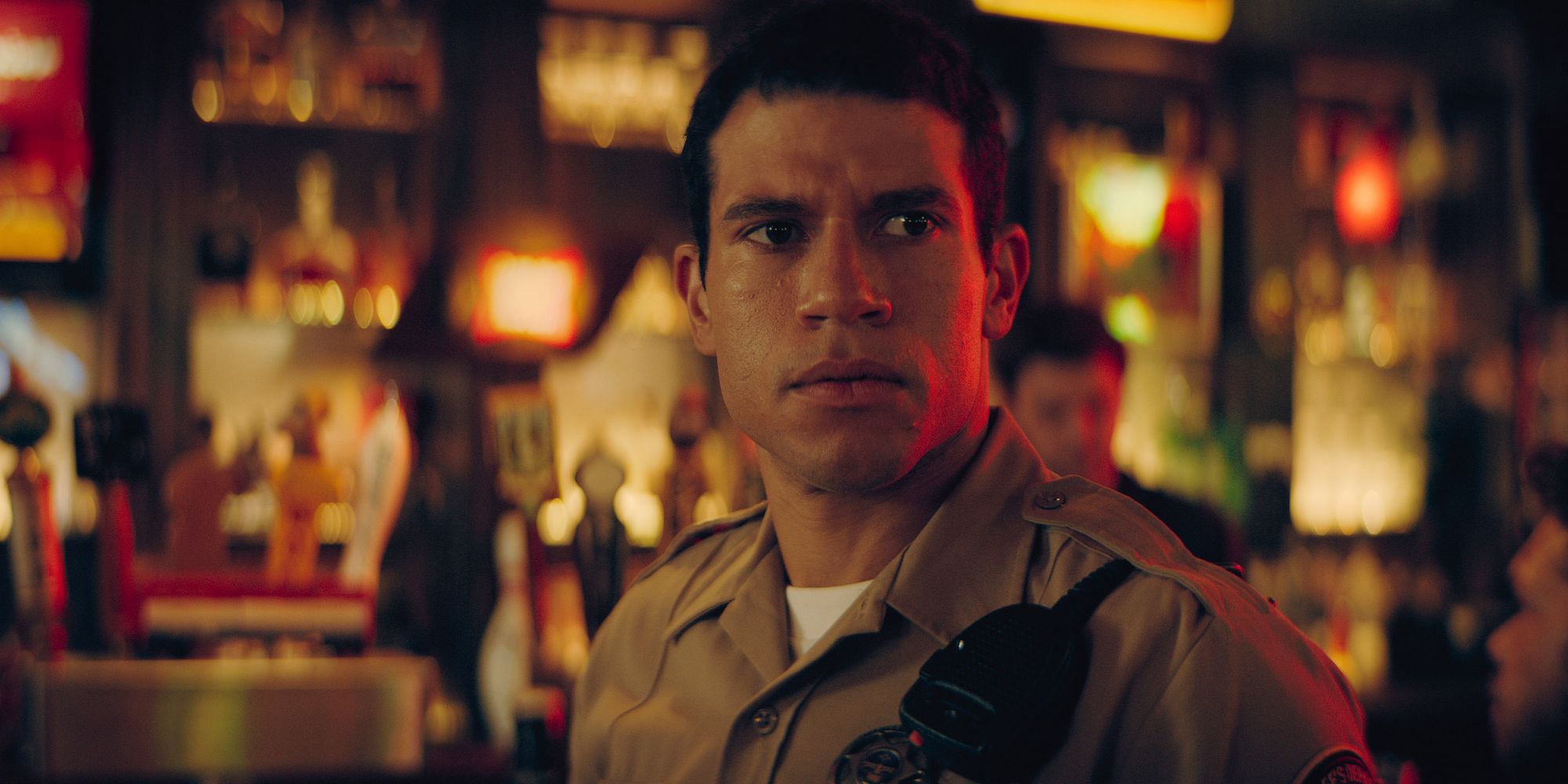
At what point in the process did the theme tune come in, and what was your approach to creating that?
I didn’t have much of a thought process on that one, honestly. Often, I’m just stabbing in the dark, so I’m looking at what we need for an opening theme. We need something very pragmatic that people will watch and want to tune into the show. It needs some unexpected elements in there, some dynamics, and unusual sounds/instruments. Just anything to catch the ear so they’ll watch the show.
I’m really impressed by some of the more tender moments of the score, where we spend time in the semi-present with Tommy and Billy Ann and the Fishers’ mother.
Those moments are really dictated by the characters. The soul of the piece is really Flynne’s potential love life and her ailing mother. Those are where the more tender moments can come through.
And in the future, we get this wonderfully baroque world with all these colorful characters and lore, especially the character of [Alexandra Billings’] Ainsley Lowbeer. I’m curious about how you treated that character musically.
That character was a lot of fun because I found her a humorous sort of character, very larger-than-life. I really wanted to do something quite different for her that would stand out. Maybe it would feel a bit outside of the score, but I was totally fine with that. It’s when she enters the story that I thought, “Okay, we’ve got to up the game here and do something very unique for her.”
She feels like that, in a good way. Like she’s walking in from an entirely different show to disrupt the status quo we’ve got going on here.
Yeah, I’m really glad they went for that theme I wrote because I really like it. I think it worked.
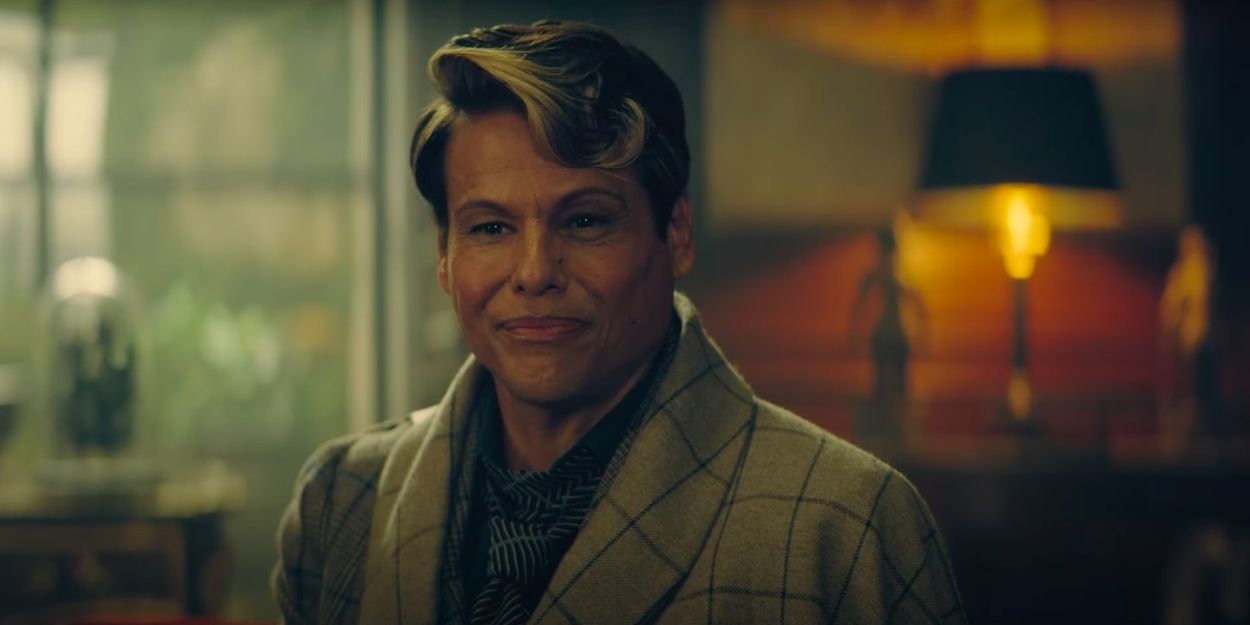
Were there any instruments or moments where you felt you stepped outside your comfort zone or tried something new?
That’s a really good question, but thinking about it, not really. Once we’ve settled on the basic instrumentation and the moods and various character themes, and how the action will be scored — once I have the right tools in my toolbox — I know precisely what to do.
One track, in particular, I’m thinking of is this longer suite that plays when Flynne first logs into Burton’s peripheral in Episode One, and we’re getting that first visit to the Pyramid. We hear gamelan bells and even some vocals here, which is a rare note for this score.
Those vocals are actually sampled, which is pretty amazing because it sounds great. I think a singer would be hard-pressed to go, “Oh, that’s not a real singer,” because it does sound amazing. I had to sneak the voice in, honestly, because I was instructed not to do that.
Yeah, I feel that track approaches this kind of perverse transcendence the characters seem to feel when they’re in their peripherals. And I appreciate that in a score this oppressive-sounding, there are moments of strange grace.
Yeah, it brings out a little bit of an almost spiritual nature. So when you have voice in there, it brings out a whole different element to the feeling of the story. That’s why I tried to sneak it in whenever I could.
Of course, being an action show, you must punctuate these moments of spirituality with bursts of violence. I’m curious what your approach or point of view is when scoring an action scene.
I do my best to do the unexpected. I do the main hit points, break down the scene, and figure out what the requirements are. First, I address what the scene requires regarding punctuation or tempo changes. From there, I just look for unusual sounds and how to lift this beyond the expected.
You do that, especially in the firefight that begins Episode Two, which is wonderfully percussive and propulsive, a major hallmark of this score. What techniques did you employ to facilitate that kind of chugging momentum?
I’m a big fan of repetition and motion in music, repeated motifs that I find very hypnotic. They can really draw you in. On the other hand, I love percussive, rhythmic elements that would often apply more to horror. They’re not repetitive, they’re disruptive. They’re not a steady pulse, but it’s like when you’ve had too much caffeine — your heart starts moving a little bit wild. It’s more like that. So it hearkens back to a primordial fear of heart troubles. I like to do that a lot, but that’s more for horror than would be for more straight action, as we do in The Peripheral.
Going back to character scoring — are there other motifs or sounds that you wanted to associate with major characters like the Fishers?
Not so much what you’d call motifs because I tend not to write using a lot of motifs. It’s a very traditional way of composing, and there’s certainly nothing wrong with that. It’s a great part of the craft and has a lot of use for most films. The way I approach characters is more in timbre and instrumentation. So when we’re in the Appalachias, it’s more organic, and when we’re in the future, it’s more unusual, unexpected, and synthetic. The closest I did to a motif is probably Ainsley’s theme.
The cost of your membership has allowed us to mentor new writers and allowed us to reflect the diversity of voices within fandom. None of this is possible without you. Thank you. 🙂


